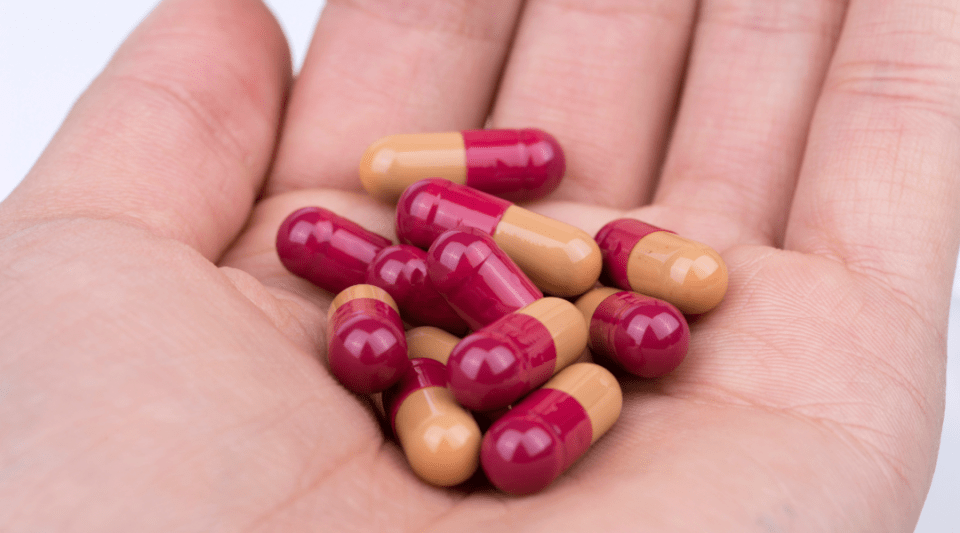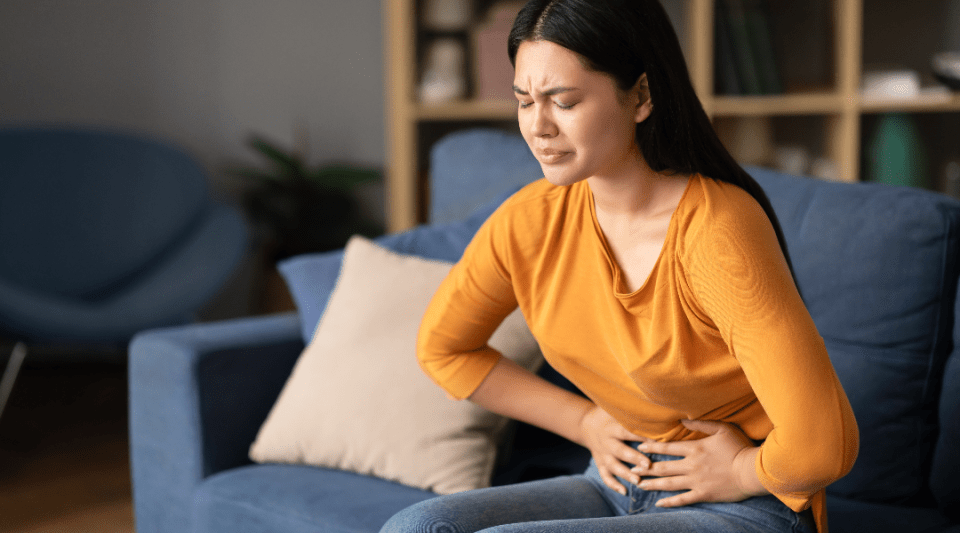11 December 2024
- What is it?
- Causes and risk factors
- Symptoms
- Diagnosis
- Treatment
- Living with the disease
- Evolution of the disease
- Research
- Frequently asked questions
- Team and structure
Frequently asked questions about Gastro-Oesophageal Reflux Disease
No. In reality, reflux is something that almost everyone experiences; but they are such brief episodes that they do not usually cause clinically relevant discomfort or damage to the oesophageal mucosa. Generally, it appears just after eating or when we lie down in bed and lasts a few minutes.
Gastro-oesophageal reflux disease (GORD) is caused by the gastric contents leaking from the stomach into the oesophagus. Since the oesophagus does not have the defensive mechanisms to deal with the acidic substances of the stomach, its mucosa becomes irritated and injured. GORD does not usually occur because of high acid production, but rather due to a weakness in defensive factors, such as the anti-reflux barrier and lower oesophageal sphincter.
Diagnosis is based mainly on the symptoms reported by patients and their response to treatment. Additional examinations are usually not required, except in specific situations. Diagnostic tests that can help are gastroscopy, to evaluate the damage caused by reflux (erosions, ulcers, Barrett's oesophagus), as well as predisposing factors such as hiatal hernia. Another GORD diagnostic tool is 24-hour pH monitoring; this can confirm acid refluxing into the oesophagus in patients without a clear diagnosis or be used prior to fundoplication surgery. Finally, oesophageal manometry can evaluate the dynamics of the movement of the oesophagus.
In general, an additional study only needs to be done when: there is no improvement after a therapeutic trial with proton pump inhibitor drugs (PPIs); the classic symptoms of GORD (heartburn or regurgitation) are absent; there are warning signs (e.g., difficulty swallowing or unintentional weight loss); or risk factors associated with complications, such as Barrett's oesophagus, are identified.
Most foods studied (typically chocolate, caffeine, spicy foods, citrus fruits and carbonated drinks) are not significantly associated with GORD symptoms. As a general recommendation, you should avoid copious and greasy meals 2-3 hours before lying down. It is important to lose weight if you are overweight and to stop smoking.
Omeprazole is one of the most consumed drugs in the world. Proton pump inhibitors (PPIs) are effective and very safe medications. By altering acid secretion, it is true that taking PPIs for a long period can reduce the absorption of some micronutrients such as calcium or vitamin B12. Some adverse effects have been reported using these drugs, but without a well-established cause-effect relationship. However, like any drug, it must be prescribed with the appropriate indications and doses and its long-term use monitored.
PPIs and antacids are not the same. Antacids are medications that neutralise the acidic environment of the stomach, alkalising the contents (i.e., increasing the pH); thus making it less corrosive. Examples of this type of medicine are sodium bicarbonate, almagate, aluminium hydroxide and certain magnesium salts.
They are less powerful drugs and are indicated for the relief of symptoms in cases of occasional or mild heartburn since they act quickly. However, PPIs are indicated for cases of gastro-oesophageal reflux disease and its potential complications, as these drugs directly reduce gastric acid production and treat the problem at source.
Not treating reflux has an impact on your quality of life and GORD can lead to serious health problems, such as Barrett's oesophagus or cancer.
Because surgery acts on the fundamental cause of the disease - inappropriate relaxation of the lower oesophageal sphincter - it has a very high success rate. However, it is not risk-free and side effects, such as difficulty vomiting, dysphagia (difficulty swallowing) or early satiety, can appear. In fact, some patients may experience recurrence of symptoms after surgery. Opting for medical or surgical treatment is often a difficult decision to make, with several factors to consider, and so must be considered on a case-by-case basis. The development of safe and effective endoscopic techniques could be an alternative to surgery.
Sometimes, intermittent episodes can be treated with good health or dietary measures or with an over-the-counter drug.
If symptoms persist (more than twice a week) or do not go away or get worse, you should consult a doctor, since untreated GORD can lead to serious long-term complications, such as narrowing of the oesophagus, bleeding or cancer.
There are symptoms or signs that are serious and may lead one to suspect GORD complications or another potentially serious disease. Evaluation by a health professional is necessary if you: have difficulty swallowing, vomit blood, have stools as black as tar, have chest pain, difficulty breathing or suffer weight loss.
Substantiated information by:

Published: 29 November 2023
Updated: 29 November 2023
Subscribe
Receive the latest updates related to this content.
(*) Mandatory fields
Thank you for subscribing!
If this is the first time you subscribe you will receive a confirmation email, check your inbox


